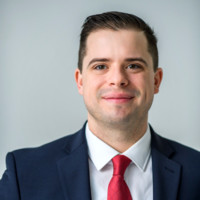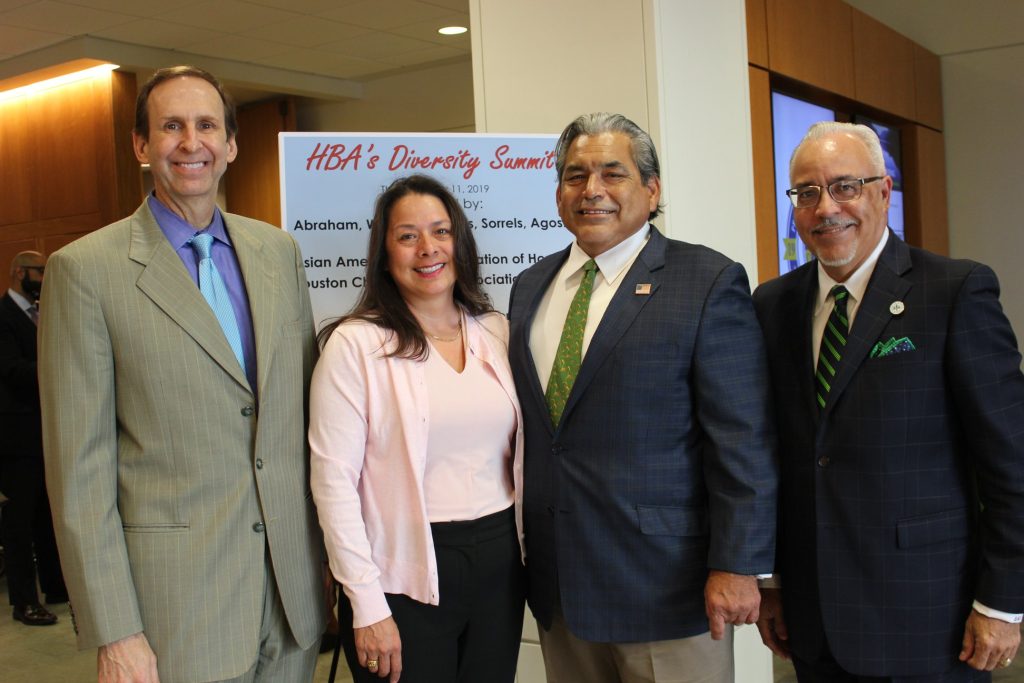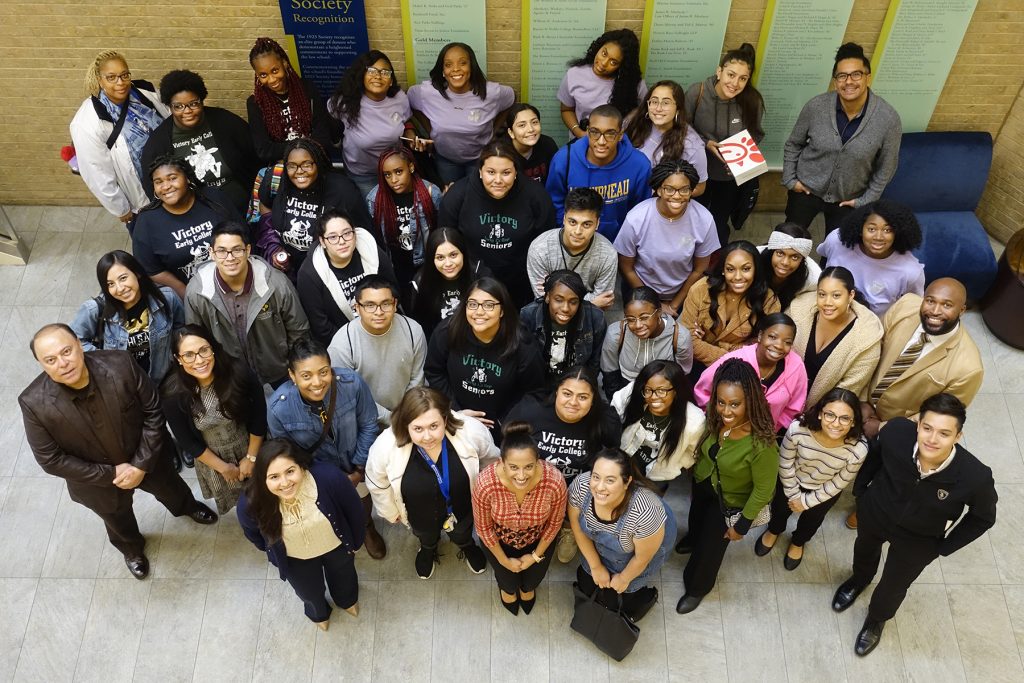 Kyle Vento ’21, an alumnus of the Transactional Practice program, joined Transocean’s in-house practice group as corporate counsel after graduation.
Kyle Vento ’21, an alumnus of the Transactional Practice program, joined Transocean’s in-house practice group as corporate counsel after graduation.
While working through the challenges of a personal music licensing project, Vento became interested in contracts, intellectual property and entertainment law. Inspired to pursue a legal career, Vento left his job as an audio engineer in New York City and moved back to Houston. He took a clerkship at a small intellectual property law office, assisting with copyright and trademark work, and decided to apply to law school with the goal of becoming a deal lawyer of some sort.
With this in mind, he focused on transaction and business courses and gravitated toward corporate law, specifically mergers and acquisitions, and securities regulation — both of which paired nicely with his economics degree from the University of Houston.
Vento’s favorite part of the Transactional Practice program was the Corporate Transactional Skills Capstone Course. “Though it came at the end of my journey, it really brought everything together for me,” he said. “I got to apply the concepts I had studied to a hypothetical deal from beginning to end.” Grouped with other students on a team, Vento worked on drafting and editing a collaborative document. “It’s intense; you’re actually drafting the documents of the deal.”
For the Capstone Course, Vento’s group simulated a leveraged buyout transaction, structured as a reverse triangular merger, which is very common in M&A transactional practice. He says that being familiar with the substance and form of the various types of agreements and how they work was crucial to being able to hit the ground running in his position at Transocean.
“It’s one thing to know the law behind security agreements, for example, but it’s another thing to write one,” he said. “What exactly should one contain? What provisions are important to clients? We actually got to get our hands dirty with all of this stuff in law school.” This practical knowledge has proven valuable in his career because he can meaningfully contribute when in meetings involving complex transactional concepts.
When Vento was initially brought on as corporate counsel at Transocean, the first project he worked on was an M&A deal. Diving head-first into the in-house role, he relied heavily on his background knowledge from the Transactional Practice program to guide him. Though nerve- wracking at first, he knew what to do because he had seen one before.
Vento serves on the Transactional Practice Advisory Board, reasoning that recent alumni are well-positioned to provide feedback because they remember what it’s like to be a first-year attorney. “That’s what I’m passionate about: helping young attorneys and graduating law students successfully navigate the ‘awkward’ phase of transitioning from law school to law practice,” Vento said. “They’re still building their networks, and this program is a great way to get connected with mentors and opportunities.”
His advice to students considering the Transactional Practice program is simply to do it. “Get involved with the program and take a variety of classes — particularly the Capstone Course,” he said. “Being a transactional attorney with an understanding of litigation will make you a double threat.”
About the South Texas Transactional Practice Center
Traditional methods of legal education tend to emphasize litigation-related materials and analysis. Prospective business lawyers historically have had to learn major skill sets through “on-the-job” training and experience rather than in a planned and organized educational curriculum.
The Transactional Practice Center was created during the 2004-05 academic year to advance the training of transactional lawyers. Through the center, transactional practice courses have been created, staffed and taught to law students, and a certificate program is offered for students who wish to concentrate their studies in that area of the law.



